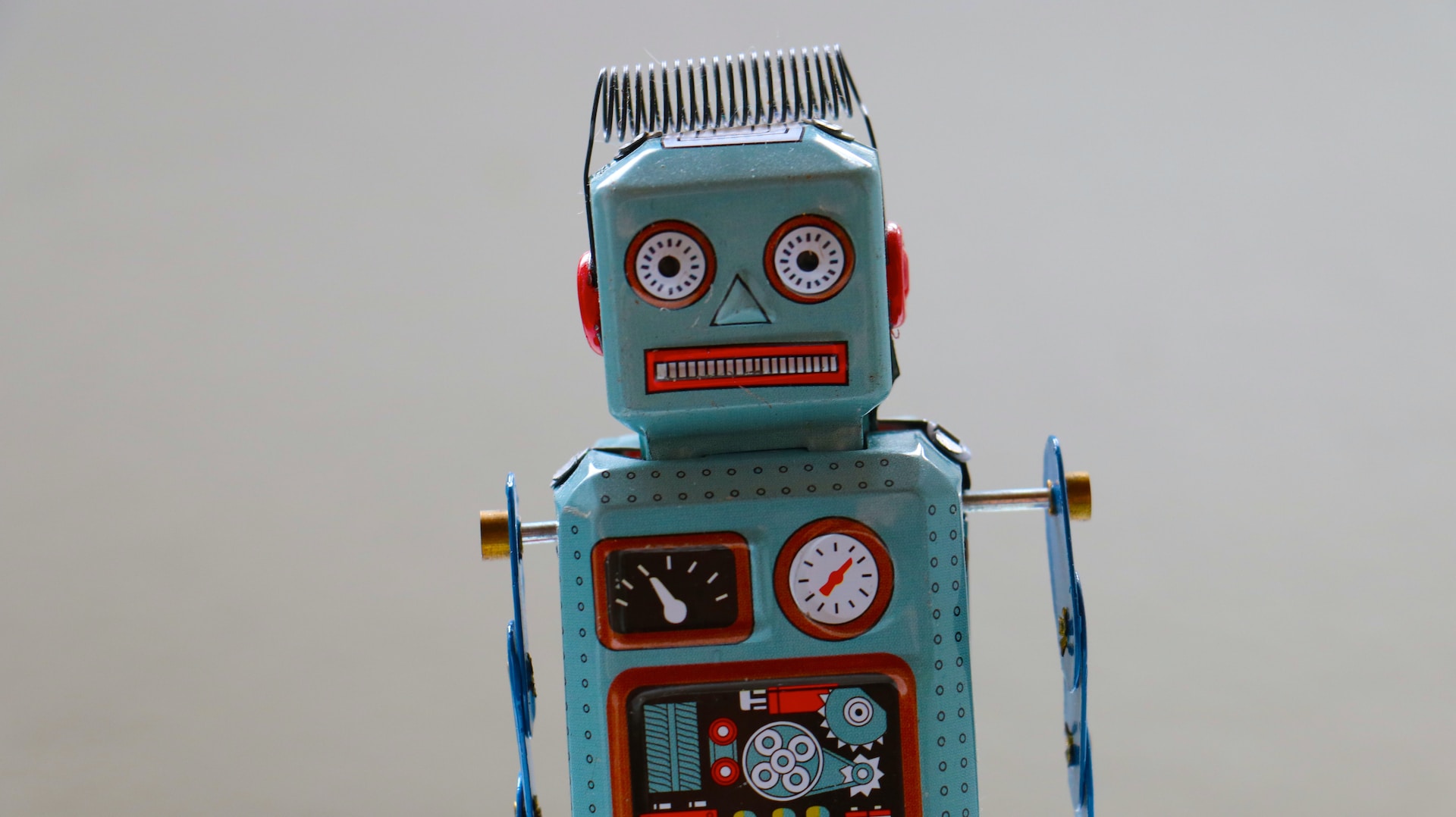The AI revolution – Should software engineers be afraid for their jobs?
This is a question I get asked often, and it comes both from people whithin the industry as well as others from outside our tiny little circle – people at the start of their careers or people worried I might be out of a job soon. And whenever I try to explain why I’m not afraid – why software engineers and others in general should not be afraid – I’m usually met with some resistance – “but AI already does that and that, surely it can do that as well in no time!“.
Maybe.
“AI is doing websites already”
One common example brought up in discussions is that AI is already able to code and build websites, so already web developers across the world are being replaced. Let’s explore this topic for a minute.
Yes, AI can generate websites. And what it generates is usually quite amazing – until you realize that while the website it generated is nice, it’s not what you really need. You wanted a different layout, different content, you then realize that the links are broken and that buttons on the page don’t do anything. So you start looking for solutions to all of your problems. You again attempt to use AI to fix your freshly generated website – some attempts go well, others make the situation even worse or break something else. So you fix the problem by hand and give AI a well-deserved break.
Here we usually branch out in two different directions:
- It did 90% of the job, that has to count for something! – and it does! But I would be more critical of that 90%. A lot of the time spent in building a website goes towards the nitty gritty details – getting that perfect alignment or centering that impossible-to-center div. That being said, AI is an awesome tool for software engineers to scaffold a website, or a page – or anything really. It can bring an awesome boost in productivity to anything you do, just don’t take anything it outputs for granted.
- It’s only at the beginning. Wait and see what it will do in 5 years! – I will wait, and we will see. But I won’t hold my breath. Skynet needs better hardware than what we can build at the moment.
The prompt engineers
Even with the ideal AI at your fingertips, the output will depend greatly on the quality of your request – or specifications if you will. We’re already used to it – we ask the AI something and when we get an answer which doesn’t match our expectations we quickly adjust our request to give more context.
In some cases, it’s not even due to missing context. It can be the way we phrased the request – and we then rephrase it to be more explicit, in the hope that it will understand what we meant. In other cases, we will start prompt framing (providing conditions, giving examples, decomposing the task into steps, etc).
All this has created a new job title: Prompt Engineer.
Specialized AIs
While Skynet may be far away – it’s low-level building blocks are already here.
From core things like understanding intent in natural language, detecting and identifying objects, extracting text from documents to very domain-specific implementations of these bits and pieces like chatbots, classifying documents or self-driving cars. These building blocks are already doing hard work as we speak, and soon, there will be such a specialized AI for almost anything you can dream of. The trick will be puting them all together.
But maybe Skynet is not the goal. For example, in the case of a robot surgeon, I would want it specialized in surgery – I could care less if it knows how to play football, maybe it doesn’t even have legs… And the same applies in almost every case.
And even if we were able to build such a thing in the first place, we’d have nowhere to run it. Just look at the current state where organizations literally want to throw money at OpenAI, but they simply cannot meet demand. And with the risk of over-simplifying, we’re talking about a chat-bot.
A copilot
This is what AI is – a copilot.
It doesn’t matter if you think of it from a purely digital perspective or associate it with a physical robot, it’s here to assist you, to increase your productivity and to improve your quality of life, not to replace you, us. It can’t.
We are not at a point where AI can take decisions – and won’t be for a while. It might look like AI takes decisions, but all it does really is follow a set of rules and probabilities to the most likely outcome. Some might argue that’s what humans do as well. But that’s a bit short-sighted I would say.
Will jobs be affected by AI? Yes, they will. But maybe not in the dramatic way many imagine. Some jobs will be augmented by AI, other jobs will change in scope. And for sure new jobs will be created.
Thoughts?
